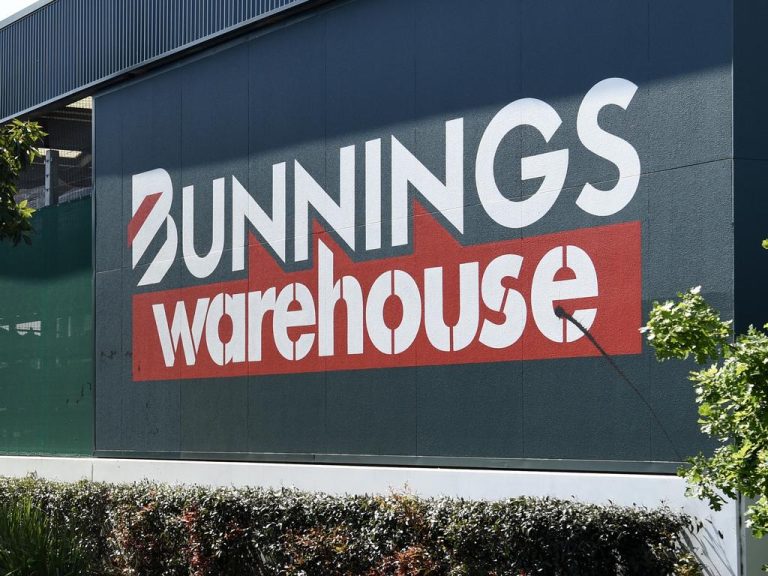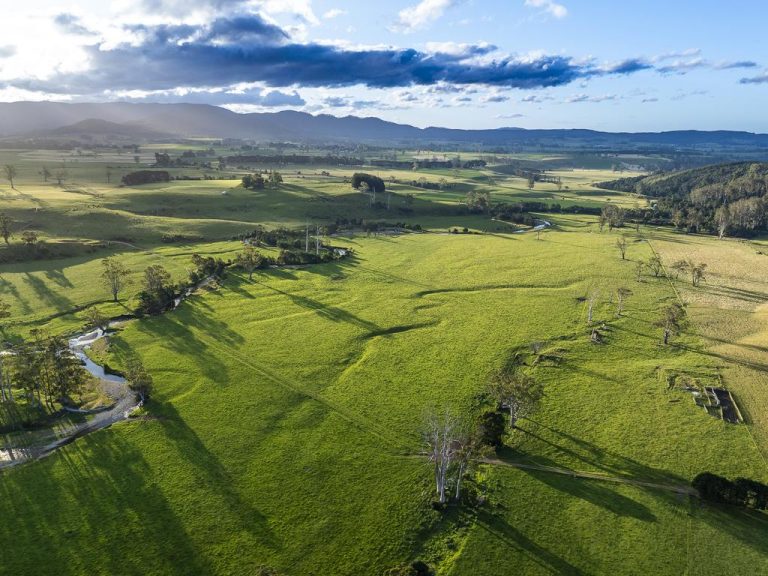Risky business: Salta backs capital play as investors demand premium
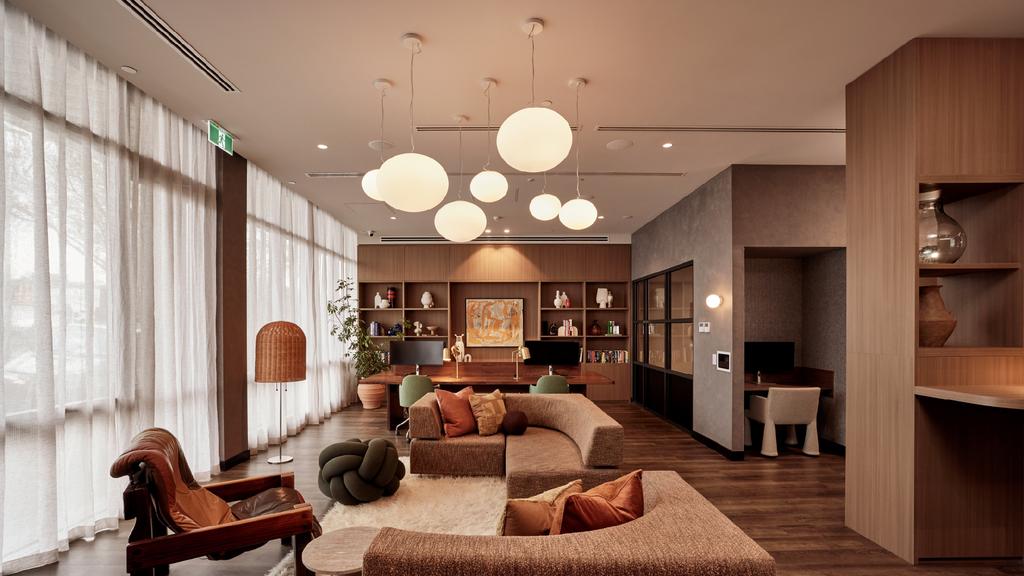
Salta has warned that capital is demanding extra returns for investing in Victoria, but is confident that the state will forge ahead if changes are made.
Private property developer Salta is pouring millions of dollars into major office, industrial and build-to-rent projects in Melbourne’s suburbs but has warned that the state needed to put policies in place to ensure major projects stacked up.
The developer’s managing director Sam Tarascio warned that foreign investors were demanding a risk premium when they invested in Victoria due to the sovereign risk created by a rule change that increased the tax burden on the property sector.
While the Jacinta Allan government had won plaudits for moves to cut stamp duty – including from the private developer at the launch of its maiden build-to-rent project in the inner-Melbourne suburb of Fitzroy North – Mr Tarascio said barriers to capital entering the state needed to come down.
“Victoria’s got a sovereign risk premium attached to it,” he said, and added that investors would therefore prefer to invest in NSW and Queensland.
“When they come to Victoria, they’re asking for a premium return, because, at the moment, over the last few years, the metrics, the goalposts, have been changing, and that just creates nervousness with capital.”
Mr Tarascio said that when the environment was less predictable, investors applied more of a risk premium, which then affected the ability of developers to build projects.
He said that despite Melbourne’s desirable attributes – which were driving the company’s own investing – if sufficient capital could not invest, the state would not be able to deliver enough homes and commercial property.
Mr Tarascio said that there were some levers that the government could pull to spark projects, and there was now an understanding of how planning rules and regulations needed to be reviewed in order to bring developments back to the city.
The Allan government this week unveiled a housing plan to rezone “activity centres” across the city’s suburbs that would clear the way for taller buildings and increased housing density around train and tram stations in 50 locations.
However, the Salta boss said it was still hard on the ground as costs were outstripping what buyers could afford.
“The reality is, it is really tough out there to make projects work, and a big part of it is confidence in government and the government settings that are in place that facilitate development,” Mr Tarascio said.
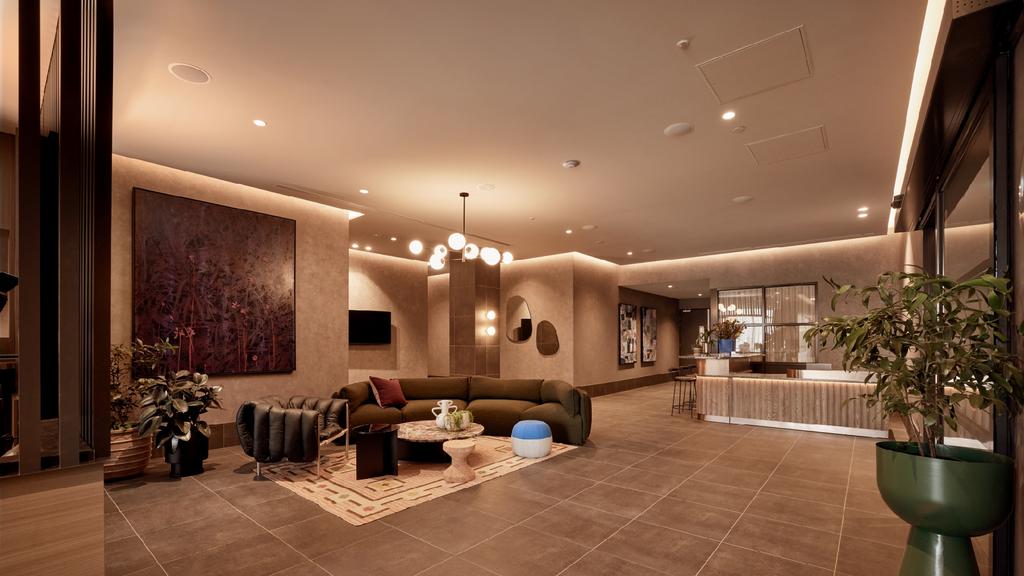
Salta’s Fitzroy & Co build-to-rent project in Fitzroy North, Melbourne.
One area in which Melbourne has led the nation is the build-to-rent sector. And Salta this week unveiled its boutique Fitzroy & Co project that it was billing as different from rival larger-scale complexes opening around Melbourne. The development has 94 apartments and is part of Salta’s broader build-to-rent empire that it is rolling out across Melbourne.
Mr Tarascio said delivering a boutique building focused on lifestyle, social connection and tailored amenity was part of the wider puzzle in addressing Melbourne and Australia’s housing challenge.
The company’s Est BTR platform spans a pipeline of 4000 apartments that will have an end value of $3bn, and will include projects in Fitzroy North, Docklands and Richmond. Work on the first large-scale project is set to kick off next year.
Mr Tarascio was bullish about the sector’s attractive metrics and saw Salta’s local roots as an advantage.
“We really see ourselves as being a local company that is family run,” he said.
He said the same local advantage applied to Salta’s office portfolio, which could provide an edge over larger global players.
But he said the company was still keen to pick up support from international capital.
“We’re having discussions with various different sources of capital at the moment,” he said, noting that the state had work to do in order to repair its reputation.
Salta is already working in another beaten-down area, suburban offices, where it has had success in Melbourne’s southeastern suburbs. The company’s Nexus Mulgrave precinct had won a series of commitments, showing that Melbourne’s middle ring was performing well.
Mr Tarascio said the office market was starting to settle down after a tough period.
“I think the deal metrics are starting to bottom out and capital is coming back into the market,” he said.
There are also more leasing deals, with a split between price-driven action and the flight-to-quality, where Salta is focused.
“We’re seeing a lot of activity in the sub 500-300sq m range,” he said.
“In many respects, it’s also in the longer term, a lower-risk strategy too, because you’re spreading your leasing and exposure across a larger number of smaller tenants.”
Salta is also active in the industrial market and earlier this year struck a deal with Walkinshaw Automotive Group that will take space in the Nexus Dandenong South Industrial Estate.
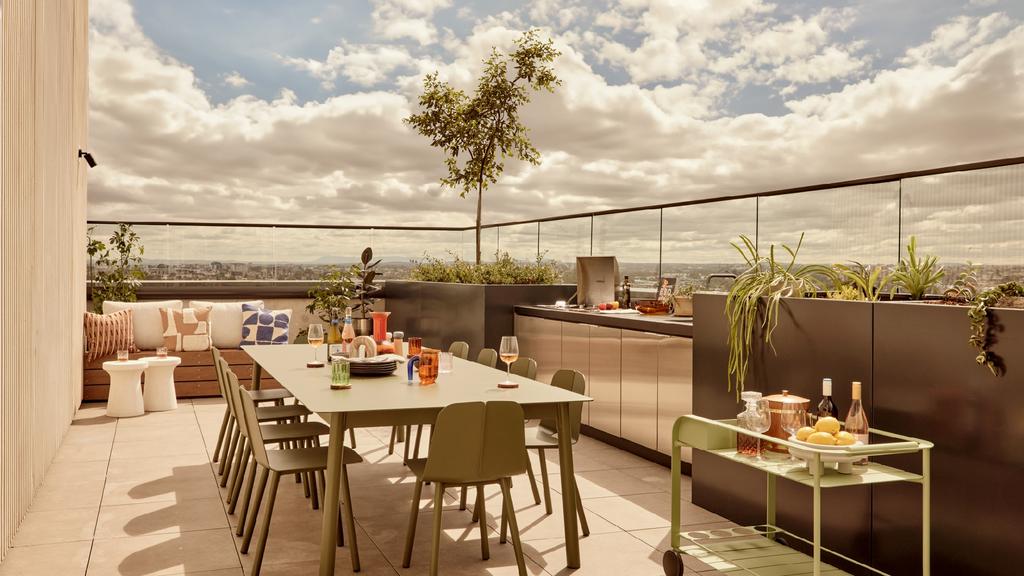
Salta’s Fitzroy & Co build-to-rent project in Fitzroy North, Melbourne.
Mr Tarascio said the sub-sector had normalised and there was a swing away from speculative development and towards pre-lease deals.
He said the appetite for risk among developers had diminished as the demand for space was not as robust as during the last few years because the economy had softened and the shortage of space had been addressed.
Mr Tarascio was optimistic that more projects would get under way as the punishing interest rates cycle eased up.
“What we need is a bit of a levelling of other inputs, such as construction costs, funding costs. We hope that we’ve seen the end of the rising cycle and where we’re starting to see the cycle of interest rates coming down.”


